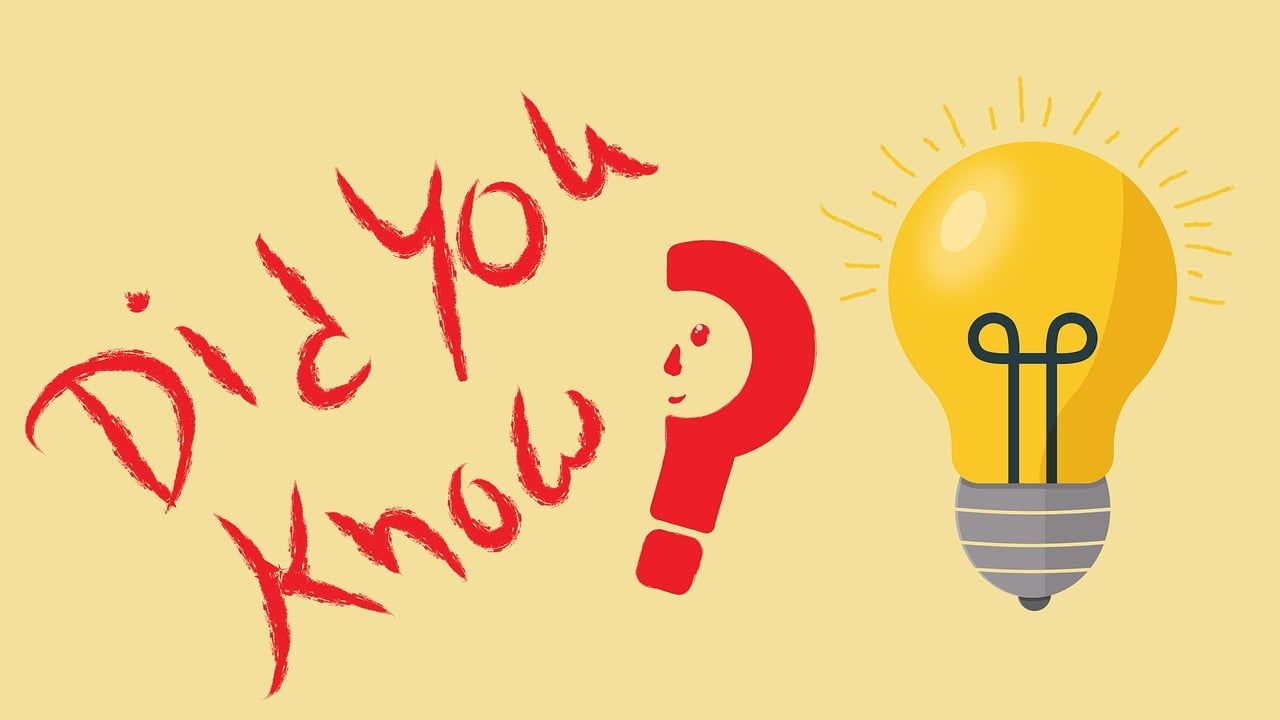How Multilingualism Can Enhance Your Travel Experience
Multilingualism is a sure bet for individuals who travel to different countries regularly.
07-03-2025While most people are familiar with general dictionaries, there are several types of linguistic dictionaries, each designed for a specific purpose.
Different Types of Linguistic Dictionaries
Dictionaries are important tools in the study and use of language. They help people understand the meaning, form, and use of words. While most people are familiar with general dictionaries, there are several types of linguistic dictionaries, each designed for a specific purpose. Linguistic dictionaries are essential tools for understanding, learning, and analysing language. They come in various forms, each serving different purposes and audiences. Understanding these types helps learners, teachers, translators, and linguists choose the right resource for their needs.
A monolingual dictionary explains words using the same language. For example, an English monolingual dictionary defines English words in English. These dictionaries are useful for advanced learners and native speakers because they provide detailed meanings, word forms, examples, and usage rules.
A bilingual dictionary gives the meaning of words from one language in another. These are helpful for language learners and translators.
This dictionary provides the meanings of words in more than two languages. It is useful in international settings or for users who know several languages.
An etymological dictionary explains the origin and history of words. It shows how a word has changed in form and meaning over time, useful for those interested in language development.
This type focuses on how words are pronounced, using phonetic symbols to show correct pronunciation and accent variations.
A thesaurus lists synonyms (and sometimes antonyms) of words, aiding vocabulary expansion and writing style improvement.
This dictionary shows which words commonly occur together, helping users write more natural and accurate sentences.
This dictionary explains idiomatic expressions and phrasal verbs, which often have meanings not deducible from individual words.
These focus on terms from specific fields (e.g., medicine, law, science), designed for professionals and students in those areas.
Made for language learners, these use simple language, clear examples, and grammar notes, often including pictures.
Linguistic dictionaries come in many forms, each serving a different purpose. Whether you’re learning a new language, studying word origins, improving vocabulary, or working in a specialised field, choosing the right dictionary enhances accuracy, learning efficiency, and enjoyment of language study.
Spread the Knowledge! 🚀
Found this article useful? Click the Share button below and let others benefit too!

Multilingualism is a sure bet for individuals who travel to different countries regularly.
07-03-2025
Faux amis are words that are similar in French and English but have different meanings or connotations.
25-03-2025
Do you know that Learning a New Language Delays Dementia?
25-07-2025